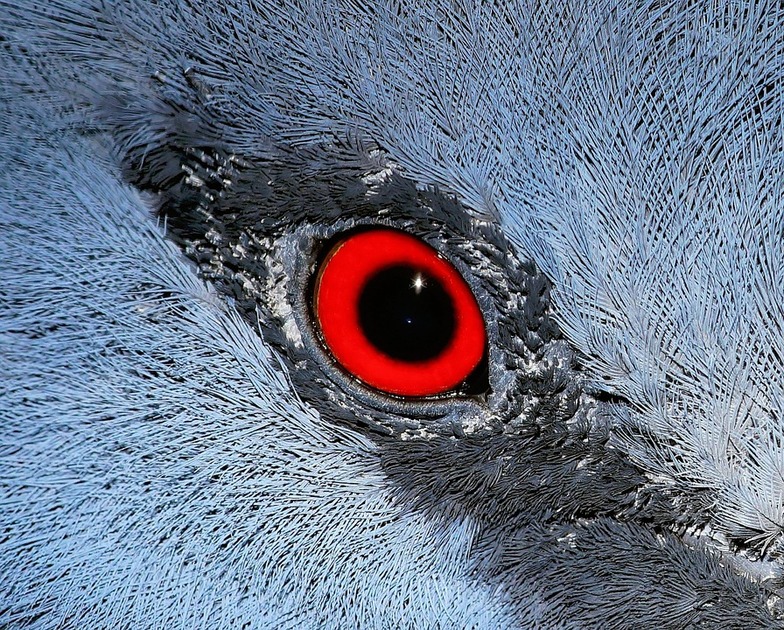
Sight or Vision – Parshat Devarim
I like word games. Sometimes comparing synonyms like sight and vision is fun. I compare different sayings with these words or different usages and play around with them a bit or try new ways of using it with friends and enjoy the light repartee. I even show off how many other synonyms I know (without using a thesaurus or checking online). Philology can be fun. It becomes really fun when you start using qualifiers.
This is kind of what happens in this week's parsha, Parshat Devarim. Moshe, in his final month, is preparing the people for entering the land of Israel. He tells them in God's name, "See, I have set the land before you".1 Yet, points out the Ohr Hachayim, the word "see" is in the singular form while the words "before you" are in the plural form. The Torah is usually very careful keeping tenses and pronouns straight. Yet here we find a deviation where the Torah uses singular and plural in the same phrase. The Ohr Hachayim explains this unusual wording. The image before us, he says, is clear. We all 'see' the same thing. Yet we often interpret it differently. Hence the sentence starts off describing a universal experience – see the land. The experience is the same for all and there is no room for individuality. But how they view it, what it means to them and what they experience is as different one from the other as each other's fingerprint.
How do we view things that happen to us? The facts can be easily discerned. Yet our attitude towards what happened is our decision. Do we just "see" things or do we choose how to "view" them?
We can be victims of a terrible fate. Few would be willing to trade places with us. There are any number of different kinds of tragedy that can befall us. Yet, "the true heroes of life are not the triumphant victors but the defeated who find a ray of hope," says Dr. Elisabeth Lukas.2 The rays of hope are always there for when we are ready to open our eyes and take notice. Going through a new tragedy we are often consumed with the difficulties and challenges it raises. We find it hard to tear ourselves away from being consumed by the pain and suffering. Yet it is not just how we see things but rather how we choose to view them that can make the difference. Quite liberating actually.
Blind card trickster, Richard Turner, said that being blind is not as bad as having some character flaw.3 Talk about how to "see" things. He can 'see' them while being blind.
'Sight or vision' – is it just a simple word game? Not this time. It can impact directly on our spiritual, mental and physical health. How we see things is universal. How we choose to view it is up to us.
Click here to read another LogoParsha article on Parshat Devarim (Control over Fear)
Notes
- Devarim 1:8. Translation chabad.org
- Lukas, Dr. Elisabeth – Meaning in Suffering' page 52. Lukas, a student of Viktor Frankl, is one of the world's leading logotherapists today.
- You can see his thoughts and some cool tricks at this link. https://biggeekdad.com/2017/07/the-card-mechanic/
Have A Great Shabbat!![]()
For More Information On Logotherapy And How You Can Create A Fuller, More Meaningful Life, Or To Book An Online Session,
- Call Me At +972-54-589-3399, or in Israel 054-5893399
- Contact Me Thru my email at [email protected]

 Previous
Previous

